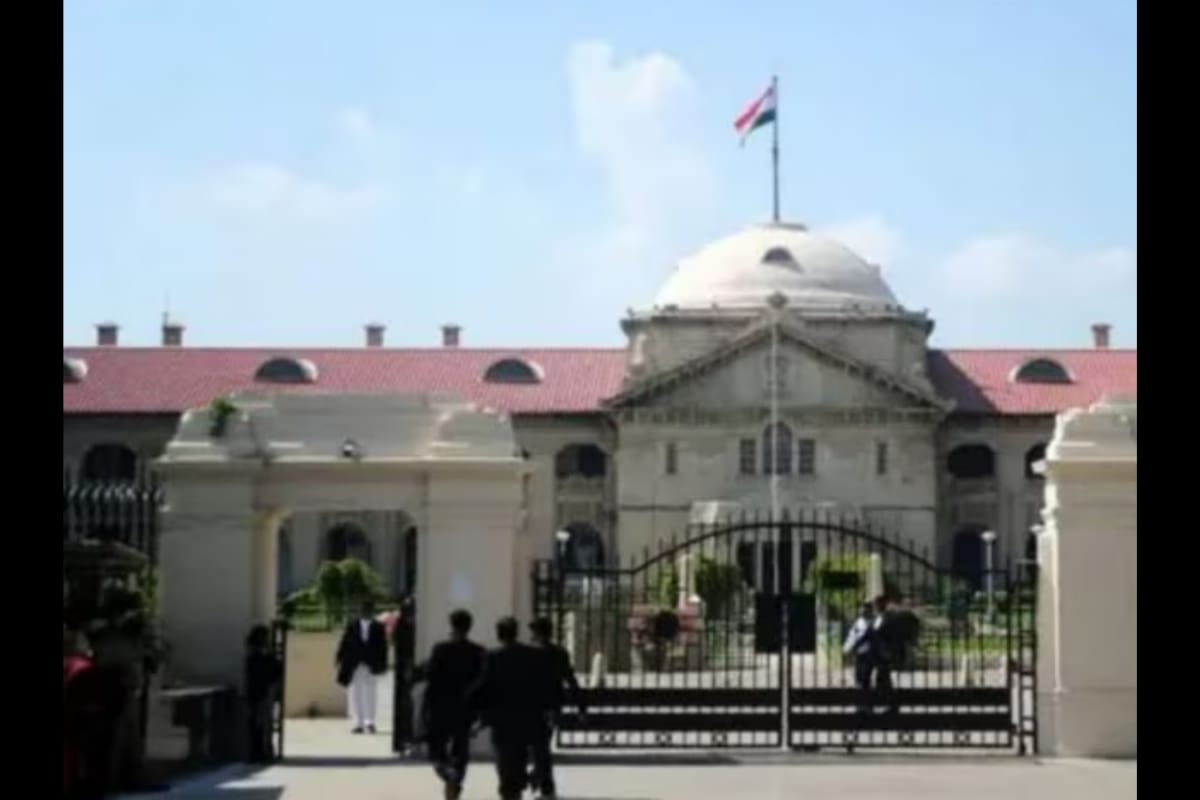

The Allahabad High Court has been vocal about the misuse of Section 498A of the Indian Penal Code (IPC), which deals with cruelty against women in matrimonial settings, and has taken steps to protect individuals from its wrongful application. Recently, the court quashed criminal proceedings against the in-laws of a woman who accused her husband and his family of dowry harassment, while refusing to dismiss the case against the husband himself. This decision, delivered on July 11, 2025, underscores the judiciary's ongoing concern about the misuse of Section 498A, a law intended to shield women from dowry-related cruelty but often criticized for implicating entire families without substantial evidence.
In this particular case, Justice Prashant Kumar, after reviewing the First Information Report (FIR), observed that the complainant had implicated her husband's entire family, including distant relatives, without specifying any particular acts of cruelty or dowry harassment attributable to them. The court noted that such vague and sweeping allegations are frequently employed in matrimonial disputes as a tactic to pressure the husband. Citing Supreme Court rulings in Kahkashan Kausar alias Sonam v. State of Bihar (2022) and Neelu Chopra v. Bharti (2009), the High Court emphasized that criminal law should not be used to harass individuals with no direct involvement in marital discord. The court stated that simply mentioning statutory provisions and their language when filing a complaint is insufficient; the particulars of the offense committed by each accused and their role in its commission must be brought to the court's attention.
The applicants relied on Supreme Court judgments, including Geeta Mehrotra & Another v. State of Uttar Pradesh (2012), which held that distant relatives should not be forced to undergo trial unless specific acts of cruelty or dowry demands are attributed to them. While the state and the complainant's counsel opposed the plea regarding the husband, arguing that the allegations against him were specific and should be tested in trial, they admitted that the charges against the in-laws were general.
The Allahabad High Court's concern over the misuse of Section 498A is not new. In June 2022, the court observed that the misuse of this section impacts the traditional institution of marriage, with live-in relationships, which lack legal complexities, becoming more prevalent. Justice Rahul Chaturvedi noted the silent encroachment of live-in relationships into our socio-cultural norms as a replacement for traditional marriages, a reality that must be acknowledged. The court, in Mukesh Bansal v. State of U.P., made broad observations on the misuse of Section 498A, stating that matrimonial cases are often exaggerated with caustic allegations of dowry-related atrocities and that such misuse has a detrimental effect on the institution of marriage.
Recognizing the potential for abuse, the Allahabad High Court issued guidelines in 2022 to prevent the misuse of Section 498A, including a two-month cooling-off period before any arrest or police action is taken against the accused in matrimonial disputes. During this period, the matter is to be referred to the Family Welfare Committee (FWC) in each district. These guidelines apply to cases involving Section 498A, along with sections of the IPC where imprisonment is less than 10 years. The Supreme Court upheld these guidelines, directing their implementation by the appropriate authorities.
In another instance highlighting the court's stance against the misuse of Section 498A, the Allahabad High Court recently ordered ₹2 lakh compensation to a man who was acquitted in a dowry death case, deeming the state's appeal against his acquittal "vexatious criminal prosecution". The court observed that the state had not applied its judicial mind before directing the public prosecutor to present the appeal. The man's wife was found dead in their house in March 2022, and a suicide note indicated "academic stress" as the reason, absolving her parents and in-laws of any responsibility. The trial court acquitted the man in July 2024, but the state appealed, arguing that the acquittal was "misconceived". The High Court, however, found that the trial court had correctly evaluated the evidence, including the suicide note, and criticized the state for not providing clear and explicit reasons for the appeal. The court stated that the man deserved compensation for the vexatious prosecution he had endured.